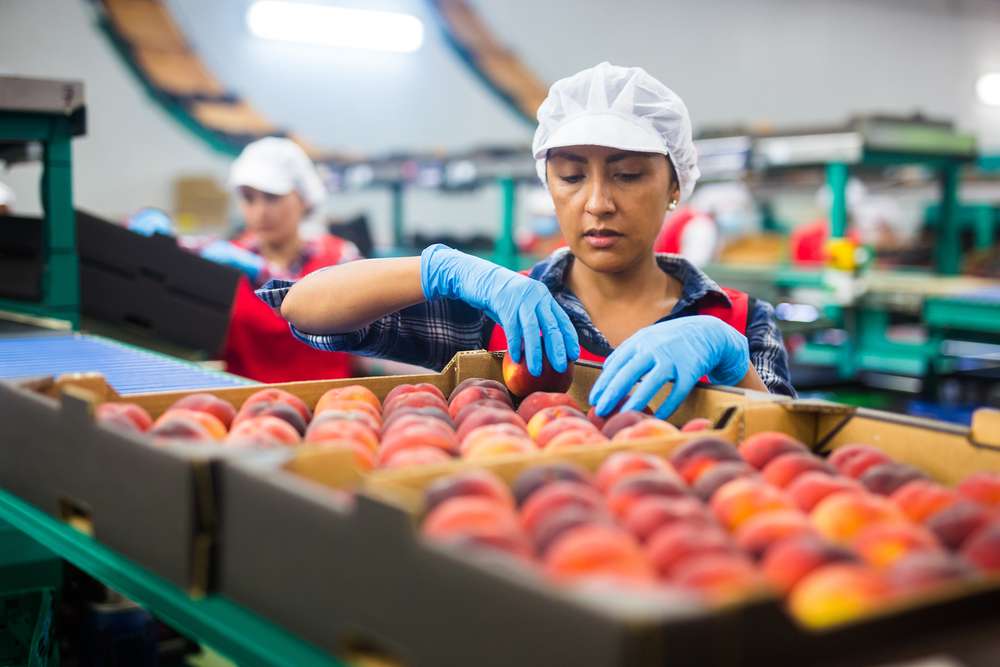Exploring Food Packing Roles: What You Should Know
Food packing jobs form a crucial part of the food industry supply chain, offering diverse opportunities for workers across various skill levels. These positions involve preparing, packaging, and processing food products in manufacturing facilities, distribution centers, and processing plants. Understanding the different aspects of food packing careers can help job seekers make informed decisions about entering this essential industry.

The food packing industry represents a vital component of the global food supply chain, employing millions of workers worldwide. Food packing roles encompass various responsibilities from basic packaging tasks to quality control and machine operation. Workers in this field contribute to ensuring food products reach consumers safely and efficiently while maintaining quality standards throughout the packaging process.
Factors Driving Growth in the Food Packing Industry
Several factors drive the continuous expansion of the food packing sector. Population growth creates increased demand for packaged food products, while urbanization trends lead to greater reliance on processed and packaged foods. Technological advances in packaging materials and machinery have improved efficiency and product safety. E-commerce growth has further boosted demand for specialized packaging solutions. Additionally, changing consumer preferences toward convenience foods and longer shelf-life products contribute to industry expansion. International trade requirements and food safety regulations also necessitate professional packaging services.
Key Roles and Responsibilities in Food Packing
Food packing positions involve diverse tasks depending on the specific role and workplace. Entry-level packers typically handle manual packaging of products into containers, boxes, or bags while following safety and hygiene protocols. Machine operators manage automated packaging equipment, monitor production lines, and perform routine maintenance tasks. Quality control inspectors examine products for defects, verify proper labeling, and ensure compliance with food safety standards. Supervisors coordinate team activities, manage production schedules, and maintain workplace safety protocols. Some positions require specialized skills such as operating specific machinery or handling particular food products like frozen goods or fresh produce.
Understanding Packing Job Options
The food packing industry offers various employment paths suited to different experience levels and career goals. Temporary and seasonal positions are common, especially during peak production periods or harvest seasons. Full-time permanent roles provide stable employment with benefits and advancement opportunities. Part-time positions offer flexibility for students or those seeking supplementary income. Some facilities offer shift work including night and weekend schedules to maintain continuous production. Career progression may lead to supervisory roles, quality assurance positions, or specialized technical positions operating complex machinery.
Working conditions in food packing facilities typically involve standing for extended periods, working in temperature-controlled environments, and adhering to strict hygiene standards. Safety equipment such as hairnets, gloves, and protective clothing are standard requirements. Many facilities operate multiple shifts to maximize production efficiency. Physical demands may include lifting, bending, and repetitive motions, though ergonomic improvements have reduced strain in many modern facilities.
Training requirements vary by position and employer. Basic packing roles often provide on-the-job training covering safety procedures, hygiene protocols, and specific packaging techniques. More advanced positions may require formal certifications in food safety, machinery operation, or quality control. Some employers offer internal training programs for career advancement, while others may require external education or certification programs.
The food packing industry continues evolving with technological advances and changing consumer demands. Automation has transformed many traditional packing roles while creating new opportunities for technicians and maintenance specialists. Sustainability concerns are driving innovations in packaging materials and waste reduction practices. These changes create ongoing opportunities for workers willing to adapt and learn new skills within the food packing sector.




